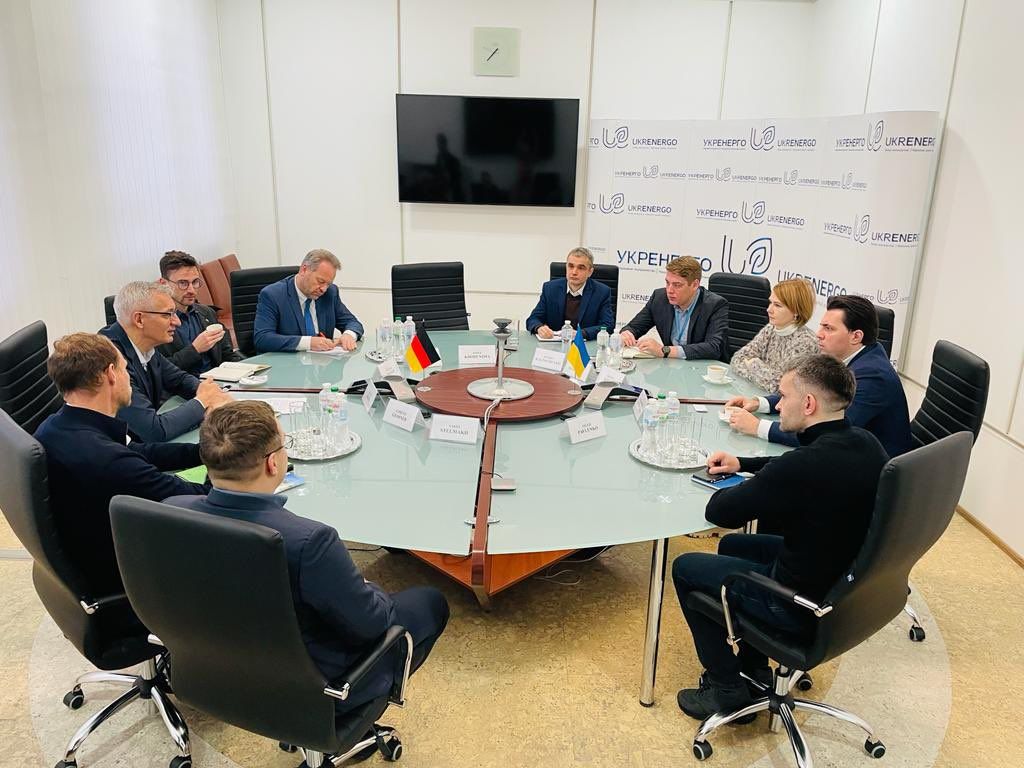Germany pledges additional $27 million for Ukraine's energy infrastructure

The German state-owned KfW Development Bank will allocate 24.5 million euros ($27.1 million) to restore and improve Ukraine's energy infrastructure, the German embassy in Ukraine announced on Dec. 30.
The Ukrainian energy infrastructure is coming under heavy strain as Russian missile and drone attacks intensify, mirroring the strategy Moscow used last winter. Ukraine suffered a particularly large attack on Dec. 29 that damaged energy sites in Kyiv, Dnipropetrovsk, and Kherson oblasts.
Based on agreements signed by the KfW and Ukraine's energy operator Ukrenergo on Dec. 29, the German bank will provide 24 million euros ($26.5 million) in loans and 500,000 euros ($553,000) in grants.
"Germany continues to support the restoration and strengthening of energy infrastructure in regions of Ukraine affected by Russian attacks," the German embassy wrote on social media.
Earlier in December, Berlin announced an 85.5 million euros ($94 million) aid package to help Ukraine endure the winter and withstand Russian attacks on critical infrastructure.
This included around $60 million from KfW for the purchase of spare parts for energy equipment.











